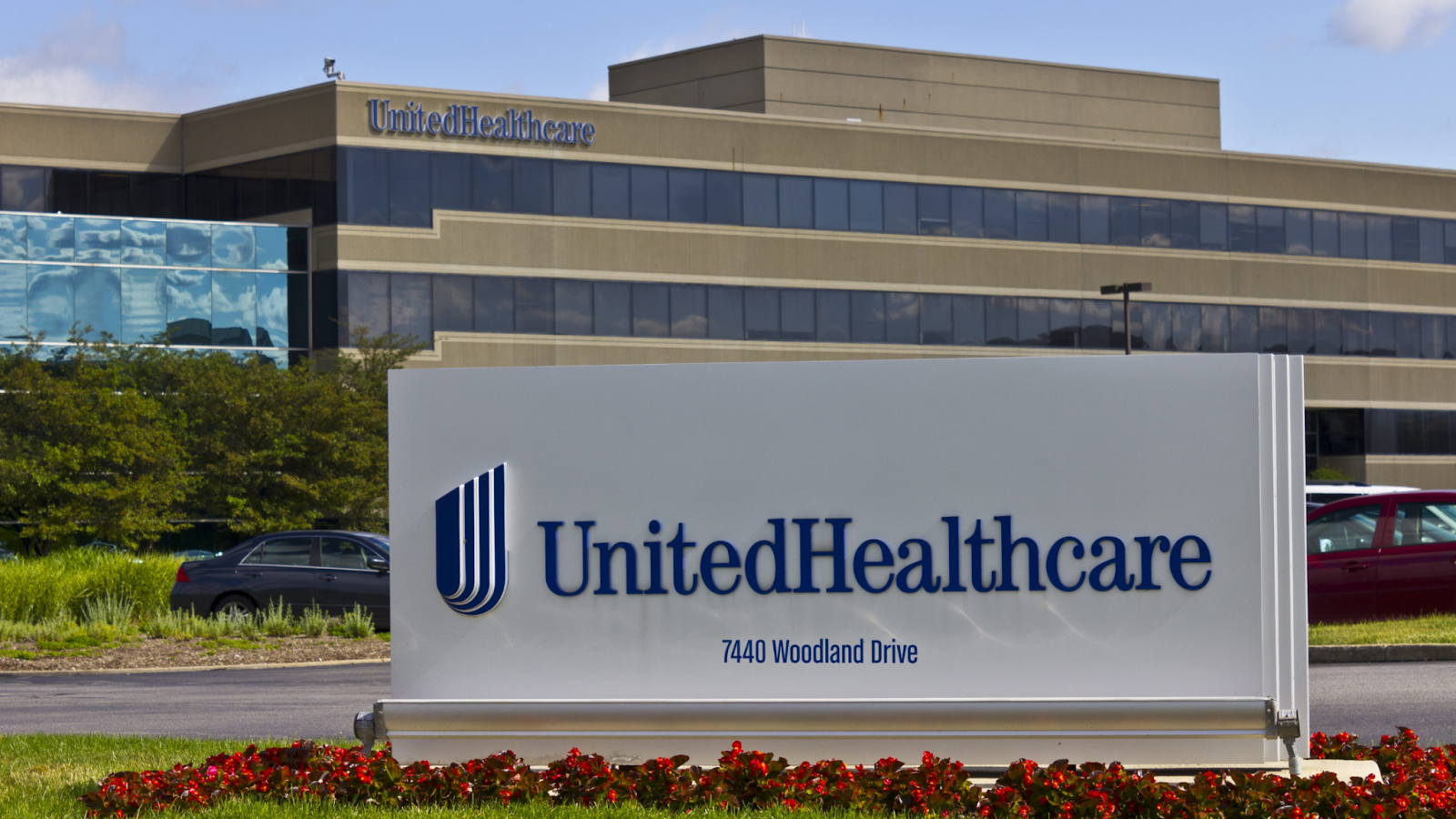Table of Contents
UnitedHealth Reveals Massive 190 Million Patient Data Breach in Cyberattack
UnitedHealth has disclosed a staggering cybersecurity incident affecting approximately 190 million Americans, nearly doubling its previous estimate of 100 million individuals impacted by the Change Healthcare ransomware attack in February 2024.
The massive data breach, considered the largest healthcare data breach in U.S. history, exposed sensitive personal information and medical information. The stolen data includes patients' names, addresses, dates of birth, phone numbers, email addresses, and critical government identity documents such as Social Security numbers, driver's license numbers, and passport numbers.
Change Healthcare, a UnitedHealth subsidiary and one of the largest healthcare claims processors in the United States, suffered a significant ransomware attack by the BlackCat (ALPHV) cybercrime group. The attackers exploited a vulnerability in the company's Citrix remote access service, which lacked multi-factor authentication, allowing them to steal approximately 6 terabytes of data.
Following the initial breach, UnitedHealth confirmed paying at least two ransoms to prevent further data publication. The cybercriminals not only encrypted the company's systems but also threatened to release the stolen information online. The attack caused widespread disruption to healthcare operations, preventing doctors and pharmacies from filing claims and processing prescription transactions.
The financial impact of this cyberattack has been substantial for UnitedHealth. The company reported losses of $872 million in April, which escalated to an expected $2.45 billion for the nine months ending September 30, 2024. Despite the enormous scale of the breach, UnitedHealth claims there is no current evidence of the stolen data being misused.
Cybersecurity experts have highlighted the significant risks posed by such extensive data breaches, emphasizing the potential for identity theft, financial fraud, and other malicious activities targeting the millions of individuals whose personal information was compromised.
The incident underscores the critical need for robust cybersecurity measures in healthcare technology infrastructure, particularly for organizations handling sensitive patient data. As investigations continue, affected individuals are advised to monitor their personal and financial information closely and take necessary precautions to protect against potential identity theft.
Found this article interesting? Keep visit thesecmaster.com, and our social media page on Facebook, LinkedIn, Twitter, Telegram, Tumblr, Medium, and Instagram and subscribe to receive tips like this.
You may also like these articles: Here are the 5 most contextually relevant blog posts:
Healthcare Data Breaches Surge to 183 Million Patient Records in Landmark Cybersecurity Report
Alder Hey Children's Hospital Confirms Data Breach as Ransomware Group Claims Responsibility
BayMark Health Services Reveals Major Data Breach Impacting Patient Information
OneBlood Discloses Ransomware Attack Compromising Donor Personal Information
HHS Proposes Strict Cybersecurity Rules for Healthcare Data Protection
Anthony Denis
Anthony Denis a Security News Reporter with a Bachelor's in Business Computer Application. Drawing from a decade of digital media marketing experience and two years of freelance writing, he brings technical expertise to cybersecurity journalism. His background in IT, content creation, and social media management enables him to deliver complex security topics with clarity and insight.
